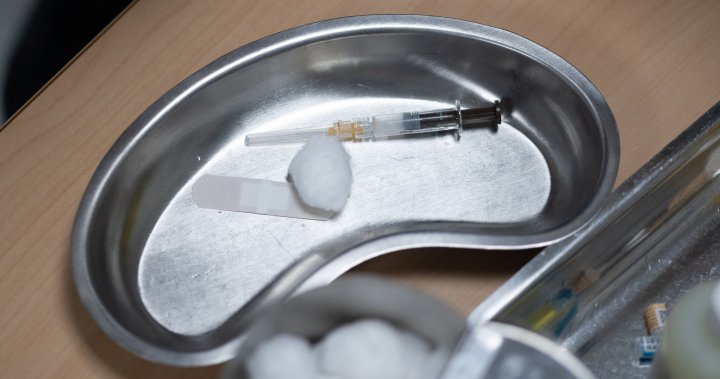A recent study published in the Canadian Medical Association Journal suggests that one dose of the human papillomavirus (HPV) vaccine is just as effective in preventing cervical cancer as two or three doses. The study found that a single dose of the vaccine could provide similar protection against cervical cancer, HPV infections, and other HPV-related cancers as a two-dose program, particularly among individuals aged nine to 20 years. This new research challenges previously held beliefs about the necessity of multiple doses of the HPV vaccine and could potentially change vaccination schedules in Canada.
The National Advisory Committee on Immunization (NACI) updated its recommendations for the HPV vaccine in July, now strongly recommending one dose of the Gardasil-9 shot for Canadians aged nine to 20 years. This is a change from the previous recommendation of a two-dose regimen for this age group. For individuals aged 21 years and older, NACI now recommends two doses of the Gardasil-9 vaccine, given six months apart, instead of three doses. The recommended vaccine in Canada is Gardasil-9 because it provides protection against the widest range of HPV types and associated diseases.
Sauvageau, a member of the NACI HPV Working Group, stated that there is some data suggesting that one dose of the HPV vaccine may also be beneficial for individuals older than 20, but more research is needed before a strong recommendation can be made. The reduction in the number of doses required for the HPV vaccine could not only free up vaccines but also streamline the administration process, potentially cutting costs and increasing vaccine uptake. Countries like Australia have already implemented similar changes to their HPV vaccination schedules.
HPV is one of the most common sexually transmitted infections in Canada, with a high percentage of sexually active adults estimated to be infected at some point in their lives. The World Health Organization (WHO) identifies HPV as the primary cause of cervical cancer, with most infections resolving on their own without symptoms. However, persistent infections can lead to cervical cancer. In 2022, Canada reported 1,730 new cases of cervix uteri cancer and 760 new deaths related to the disease. The HPV vaccine is considered highly effective, with an efficacy rate of 95%.
The WHO recommends a one- or two-dose schedule for girls and women aged nine to 20 years, and a two-dose schedule with a six-month interval for patients older than 21 years. NACI will continue to monitor evidence on one-dose HPV vaccine schedules as more data becomes available from clinical trials and other countries where similar schedules are being adopted. Overall, the study suggests that the HPV vaccine, even with a single dose, has the potential to eliminate cervical cancer with high vaccine coverage. The findings highlight the importance of vaccination in preventing HPV-related cancers and infections.















